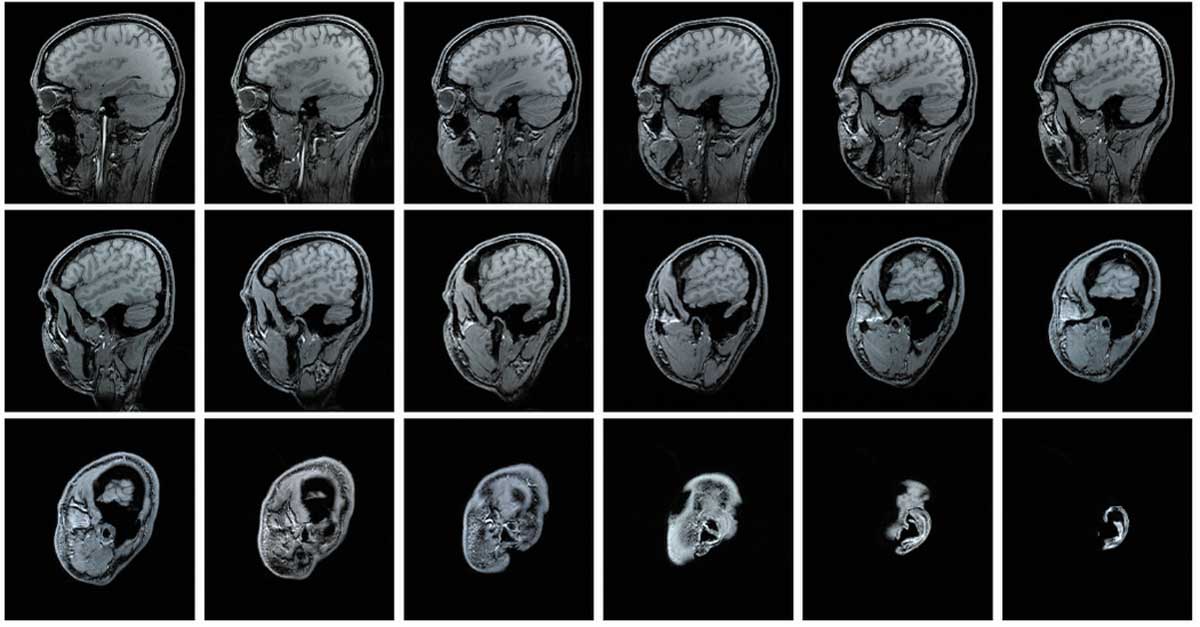AI models can seemingly do it all: generate songs, photos, stories, and pictures of what your dog would look like as a medieval monarch.
But all of that data and imagery is pulled from real humans — writers, artists, illustrators, photographers, and more — who have had their work compressed and funneled into the training minds of AI without compensation.
Kelly McKernan is one of those artists. In 2023, they discovered that Midjourney, an AI image generation tool, had used their unique artistic style to create over twelve thousand images.
“It was starting to look pretty accurate, a little infringe-y,” they told The New Yorker last year. “I can see my hand in this stuff, see how my work was analyzed and mixed up with some others’ to produce these images.”
For years, leading AI companies like Midjourney and OpenAI, have enjoyed seemingly unfettered regulation, but a landmark court case could change that.
On May 9, a California federal judge allowed ten artists to move forward with their allegations against Stability AI, Runway, DeviantArt, and Midjourney. This includes proceeding with discovery, which means the AI companies will be asked to turn over internal documents for review and allow witness examination.
Lawyer-turned-content-creator Nate Hake took to X, formerly known as Twitter, to celebrate the milestone, saying that “discovery could help open the floodgates.”
“This is absolutely huge because so far the legal playbook by the GenAI companies has been to hide what their models were trained on,” Hake explained.
Of the ten artists behind the litigation, three present in court included McKernan, film production artist Karla Ortiz, and cartoonist Sarah Andersen.

“I’m so grateful for these women and our lawyers,” McKernan posted on X, above a picture of them embracing Ortiz and Andersen. “We’re making history together as the largest copyright lawsuit in history moves forward.”
Ortiz returned the love on X, saying that she was “deeply appreciative” of her fellow artists and plaintiffs.
“Being there with you all today in the court room really made such a difference for me!” Ortiz wrote. “You are all so inspiring!”
The case is one of many AI copyright theft cases brought forward in the last year, but no other case has gotten this far into litigation.
“I think having us artist plaintiffs visible in court was important,” McKernan wrote. “We’re the human creators fighting a Goliath of exploitative tech.”
“There are REAL people suffering the consequences of unethically built generative AI. We demand accountability, artist protections, and regulation.”





